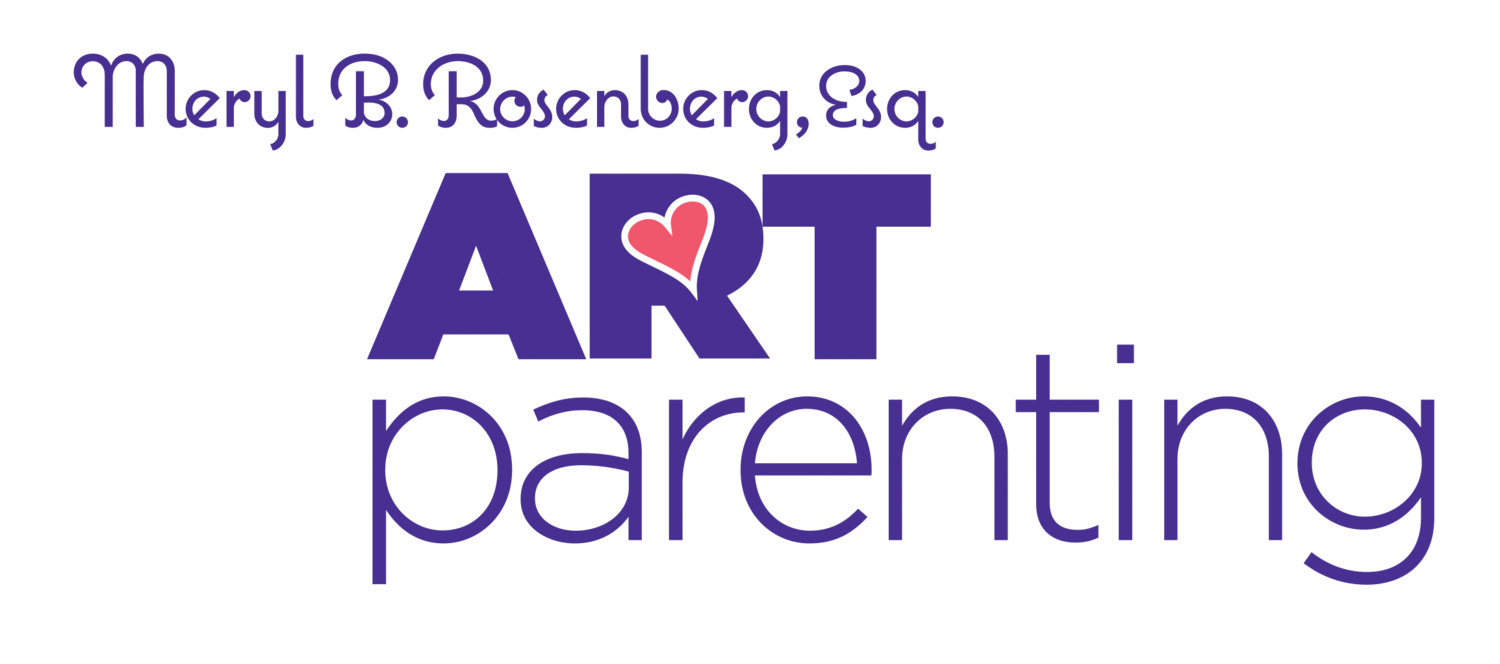EGG DONATION CONTRACTS: Why You Should Have One
Egg donors play a key role for many in their family building, and in many surrogacy journeys. They can make aspiring couples’ and individuals’ desire to build a family a reality. Single parents, same-sex couples, or infertile heterosexual couples all may avail themselves of donated eggs.
A Legal Agreement Between You and the Egg Donor
As with any legal arrangement, all parties in an egg donation agreement should have a written agreement among themselves.
Although you may feel that the consent documents you sign with your fertility center are sufficient, keep in mind those are consents to treatment between you or the egg donor and the medical practice — they are not actually a legal agreement between you and the donor.
Just as with a Gestational Surrogacy Agreement, the Egg Donation Contract details parties’ rights and obligations, including expectations around financial questions and importantly, parental rights, future contact if any, and disposition of any unused eggs or embryos.
Parental Rights, Egg Retrieval, Open vs Closed Donation
Egg Donation Contracts ensure that all parties to the donation are on the same page about intentions. These crucial documents address any and all questions pertaining to the egg or embryo donation, such as:
Parental rights and possible future contact and boundaries of the relationship.
What is the timeline for egg retrieval?
What about privacy? Is the donation “open” or “closed”? Eggs can be donated “anonymously,” or the donor may either already know the intended parents, or be open to them knowing who she is or to their having access to information about her. Anonymity, however, cannot be guaranteed any longer with the advent of DNA testing.
How and in what amount will the donor be reimbursed and/or compensated? How will expenses be reimbursed? Are there tax considerations?
What’s the plan for the storage or disposition of unused eggs or resulting embryos?
These are all important items that, without a contract, can be left unaddressed and perhaps be interpreted differently by the parties
Medical Consent Forms Are Not Enough
First, as noted above, some people believe that medical consent forms signed at the fertility clinic are sufficient to address parental rights. Most assisted reproduction attorneys will tell you, for many reasons, that they are not. These consents are between the patient and the medical practice only. They are not an agreement between the parties.
Though they are not a legal agreement, when there is no actual legal agreement that clearly addresses the intent of the parties before undergoing treatment, courts have turned to medical consent forms and utilized them as an agreement without anything more to go by. This has led to unintended consequences. The only way to clearly set forth the intent of the parties is to execute a legal contract among the parties themselves.
Although here we are discussing the particulars of Egg Donation Contracts, a formal agreement is just as necessary for a sperm donation between known parties or an embryo donation.
Navigating the Legalities
The legal experts at ARTparenting are here to help you navigate the legal intricacies of egg, sperm, or embryo donation. Advice around these practices and having a contract in place is an essential tool in having a trouble-free path to parenthood.

